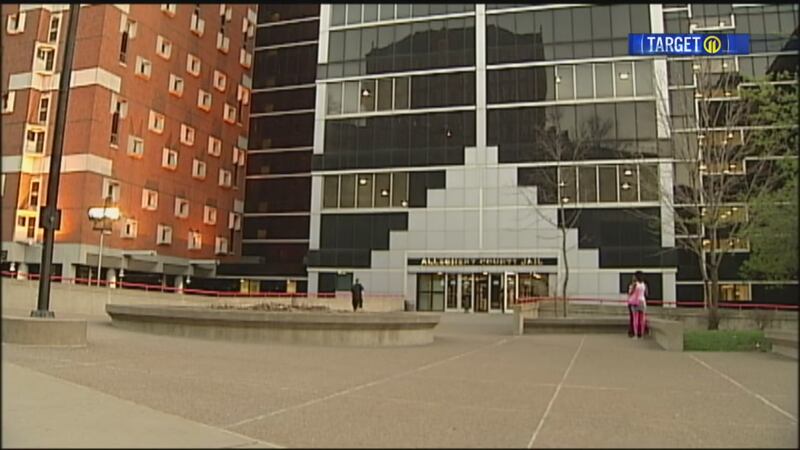PITTSBURGH — Each year, it costs $75 million in tax money to keep the Allegheny County Jail up and running. It's one of the most expensive items in the county budget.
From capital murder to vehicular homicide, there are 130 people in the Allegheny County jail facing criminal homicide charges, waiting for their day in court. The oldest case among them dates back to 2013. A man who was charged in the stabbing death of his grandmother.
While the Sixth Amendment to the U.S. Constitution guarantees criminal defendants the right to a speedy trial, there are delays that are inevitable, along with scheduling conflicts.
"You've got a lot of schedules that have to mesh, just the DAs and defense lawyers, but the witnesses," said Judge David Cashman, who is in charge of scheduling trials for the Court of Common Pleas.
Cashman said judges are working to reduce the backlog, but it's difficult. In 2014, there were 14 criminal judges in Allegheny County who heard a total of 20,000 cases, compared to 46 judges in in Philadelphia who heard just 12,000 cases.
While the inmates wait for their day in court, the cost of housing them adds up. A report by the University of Pittsburgh Institute of Politics found that housing one inmate costs $77.40 a day. Taxpayers foot the bill, which includes $15 million annually for medical care.
"Treatment of inmates, supplies, drugs, physicians, it's a significant number. Thirty thousand people go through that jail every year. They get physicals and profiles, so it's a terrific expense," said Cashman.
In 2014, the Allegheny County Jail reached capacity. With 2,850 inmates housed inside, there was no more room. Cashman had just joined the jail's oversight board and took a look at the numbers. He found that hundreds of inmates were being held on technical violations, like testing positive for alcohol or failure to pay court costs.
Ultimately, the judges agreed to release more than 700 non-violent offenders, freeing up space and reducing costs. But those inmates who were released were still under supervision, using devices like electronic monitoring.
The University of Pittsburgh Institute of Politics found that 42 cents of every tax dollar goes to housing inmates. The report suggested money would be better spent if applied to programs to help people stay out of trouble in the first place.
Cox Media Group







